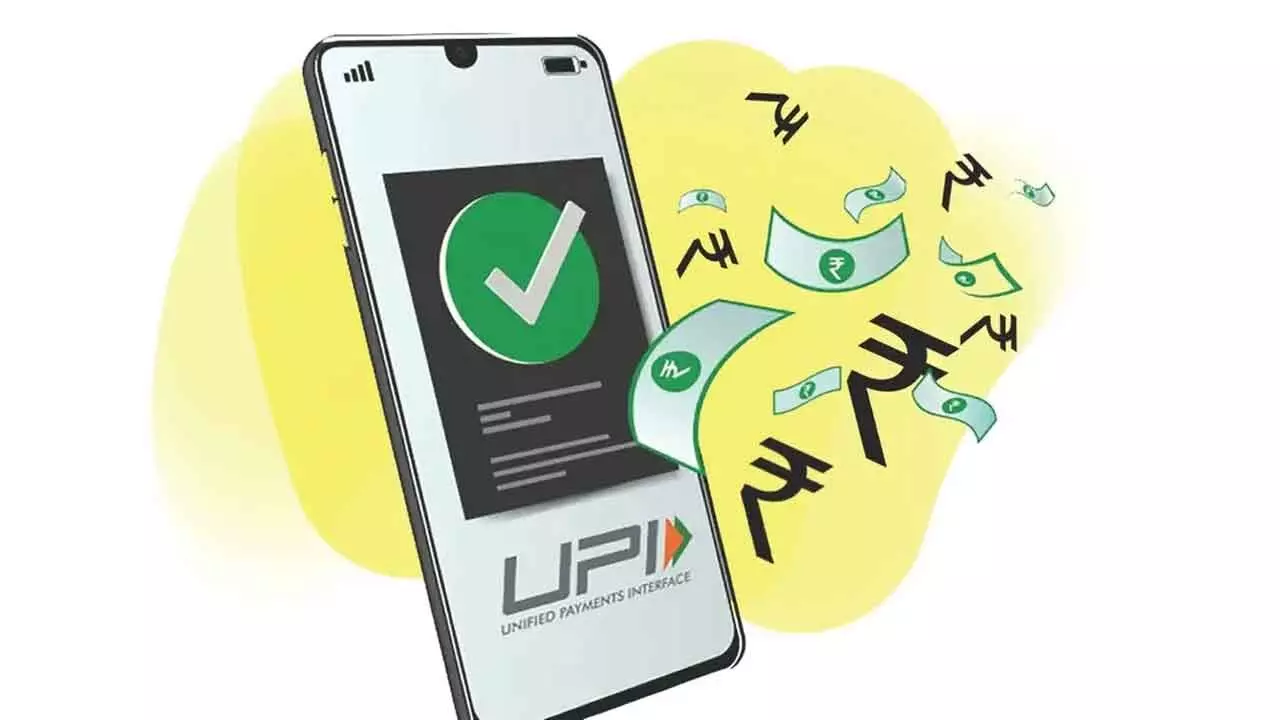New UPI Rules Incoming: What August 1 Changes Mean for Your Digital Payments
From Aug 1, UPI users face new limits on balance checks and fixed AutoPay slots. Learn what NPCI's latest rules mean for your daily transactions.
Your UPI Experience is Changing: Key Regulations Effective August 1

Starting August 1, the Unified Payments Interface (UPI) system, India's popular digital payment platform, will implement a new set of regulations. These changes, announced by the National Payments Corporation of India (NPCI), are designed to enhance the system's reliability, reduce congestion, and ensure smoother transactions, especially during peak usage hours. While most users may experience seamless continuity, certain habits related to UPI usage will see new limits.
Key Changes to Expect
The core of these new rules centers on how payment applications (APIs) interact with banks and the UPI network. The primary objectives are to optimize system performance and prevent overload from excessive requests.
1. Daily Limit on Account Balance Checks:
From August 1, UPI users will be restricted to checking their account balance a maximum of 50 times per day. This measure aims to curb frequent, often unnecessary, balance inquiries that can burden the system. While this limit is generous for most users, those who habitually check their balance multiple times throughout the day will need to adjust their routine.
2. Streamlined UPI AutoPay Transactions:
A significant change is the introduction of fixed time slots for UPI AutoPay transactions. This means that recurring payments, such as subscriptions, utility bills, and EMI deductions, will no longer be processed randomly throughout the day. Instead, they will be executed during specific, designated periods (e.g., before 10 AM, between 1 PM and 5 PM, and after 9:30 PM). This behind-the-scenes adjustment is crucial for distributing the transaction load, reducing congestion, and improving the overall speed of the platform.
For businesses that rely on automated UPI collections, aligning their schedules with these new timings might be necessary. However, for the vast majority of individual users, recurring payments will continue to function as usual, albeit with a structured processing window.
3. Limits on Viewing Linked Bank Accounts and Transaction Status:
Beyond balance checks, new caps will also apply to other API calls. Users will be able to view bank accounts linked to their mobile number up to 25 times a day. Additionally, if a transaction gets stuck or is pending, users will be allowed to check its status only three times within a two-hour window, with a mandatory 90-second gap between each check. These measures further aim to reduce server load and improve overall system efficiency.
Why These Changes Are Important
UPI has become an indispensable part of daily life for millions in India, processing billions of transactions monthly. The immense volume, especially during peak hours, can sometimes lead to delays or disruptions. The NPCI's new guidelines are a proactive step to prevent such issues by:
♦ Improving System Performance: By reducing unnecessary API calls and distributing transaction loads, the system can operate more efficiently.
♦ Enhancing Reliability: Fixed time slots for AutoPay and limits on frequent checks minimize the chances of system slowdowns and outages.
♦ Ensuring Seamless Experience: The goal is to maintain UPI's reputation as a dependable and swift payment method for all users.
These updates are applicable to all UPI users across all platforms and banks. While frequent users who inadvertently overload the system are the primary target, the benefits of a more robust and reliable UPI ecosystem will be experienced by everyone. No immediate action is required from users, as these changes will be automatically implemented by UPI applications. Staying informed about these adjustments will ensure a smooth digital payment experience moving forward.

